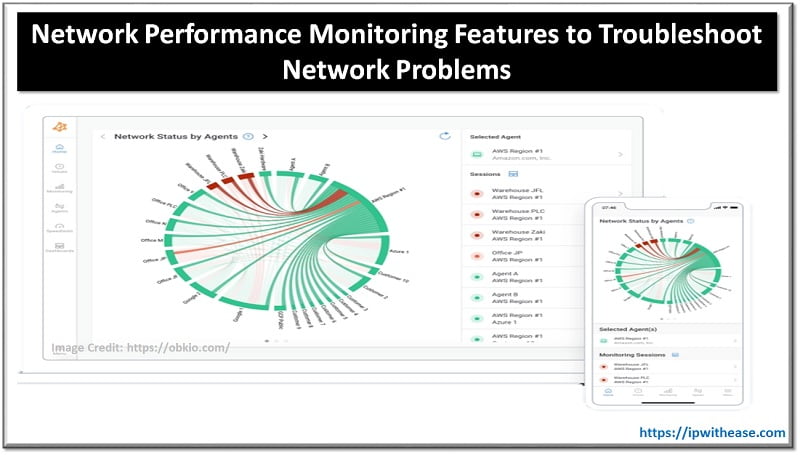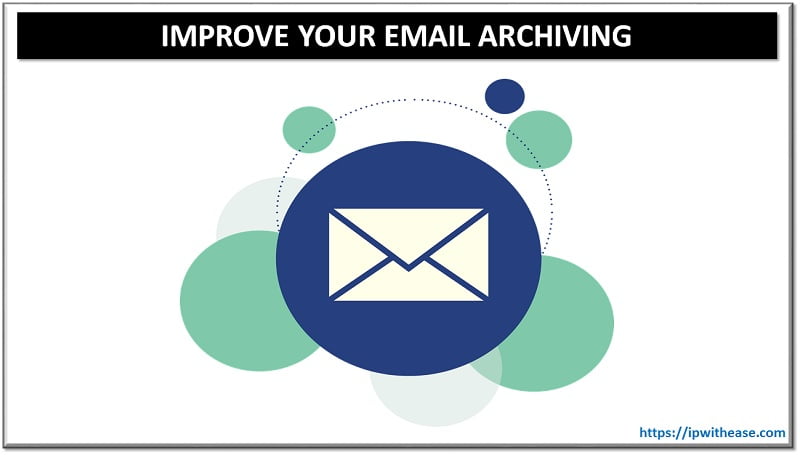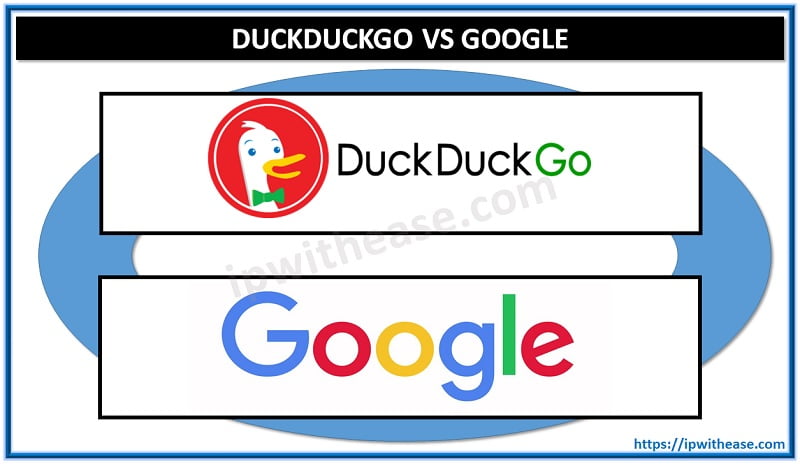Table of Contents
If we talk about the Identity verification services and online privacy it has become a hot matter of conversation in the current digital era, where personal data is both a valuable asset and a possible threat and is always at stake because of illegal interventions. Identity verification services are decisive for shielding transactions and reducing fraud, but worries about data security and privacy invasion are significant as there is a huge number of invaders who try to fetch our private data.
This article examines and helps you to mitigate the difficulties, consequences, and provides potential solutions around the delicate balance between identity verification services and internet privacy.

Function of Identity Verification
When you look at the authenticity and security of transactions made online Identity Verification Services are the only solution which can provide that comfort level of safety. These services aid in the anticipation of deceitful activities including account occupations and unlawful transactions by verifying the identities of people involved in financial transactions. Additionally, they support devotion to rules, especially to those which are relating to Know Your Customer (KYC) and Anti-Money Laundering (AML) commands to keep users’ fraud free.
Issues with Privacy in Modern Era
As we are advancing to the modern technologies the Concerns over online privacy have gained distinction in a time of growing data breaches and privacy abuses by the frauds. Businesses and financial institutions’ attainment and holding of personal data gives rise to admissible worries regarding permission, data security, and unauthorized misuse potential. People are reasonably hesitant to disclose sensitive personal information for fear of private identity loss, data breaches, and unauthorized investigation by the false and fraud people.
Finding a Balance Between Security and Privacy
In a situation of rising concerns over data breaches It is critical to put a balance between the necessity of strong security measures and the defense of peoples’ right to privacy. Identity verification services need to use severe security actions to protect private information while also honoring the rights and preferences of individuals’ security to keep them intact with technology full of trust. In order to achieve this subtle balance, transparency, accountability, and user permission are essential components to achieve this feat.
Privacy Enhancing Technologies (PETs)
Technologies known as privacy-enhancing technologies, or PETs, extant a viable way to balance online privacy protection with identity verification service goals to ensure the maximum safety. Secure and private identity verification is made possible by methods like homomorphic encryption, decentralized identity systems, and zero-knowledge proofs, all of which protect sensitive personal information in order to keep the user’s data safe. PETs protect people’s right to privacy by limiting the exposure of personal information, all the while enabling safe transactions and regulatory compliance with high security.
Related: What Is Privacy Enhancing Technology? And How It Protects Your Data
Standards and Regulatory Frameworks
In order to cover people’s right to privacy and to boost the proper use of identity verification services, regulatory frameworks are essential for this purpose. Rules for the gathering, management, and maintenance of personal data are established by laws like the California Consumer Privacy Act (CCPA) in the US and the General Data Protection Regulation (GDPR) in the EU for the user’s data safety. Identity verification that tolerate these requirements are guaranteed to respect ethical norms and give priority to protecting privacy and transactions data.
Encouraging Users: Openness and Command
If the management want the users to use their platforms freely, they need to build a huge confidence of the users. Building confidence and accountability in identity verification processes is only possible when you will give users more transparency and control over their personal data. Respecting people’s autonomy and right to privacy desires giving users control over their privacy preferences, establishing opt-in/opt-out procedures, and clearly delineation data gathering policies.
Furthermore, putting strong data protection measures in place, like encryption and safe storage procedures, boosts user confidence and improves the security of personal data which ultimately results in high number of trusted users.
Industry Collaboration and Standards: Collaborative Efforts
Industry, stakeholder, and regulatory body collaboration is needed to address the complex issues at the node of online privacy and identity verification services to cope with the issues of data fetching. Standardizing privacy-preserving technology, switching best practices, and inspiring candid communication can all help to advance innovation while defending people’s right to privacy for their better and safe use. Industry members can collaborate to create all-inclusive solutions that give security and privacy in identity verification procedures top priority for their users.
In summary
Giving it a final word, it can be difficult to steer the identity verification market while respecting people’s right to privacy online but not impossible. Identity verification services are necessary for transaction security and regulatory compliance, but privacy fissure and data security issues need to be addressed openly as well. Security and privacy in identity verification actions can be balanced by embracing privacy-enhancing technologies, abiding by legal frameworks, empowering users, and reassuring cooperative efforts.
In the end, we can create a more vigorous and reliable digital ecosystem that sustains people’s rights and protects complex personal data by giving security and privacy equal priority for the people who are concerned about their privacy policy and data encroachment.
Continue Reading:
What is Encryption? Detailed Explanation
What is Data Loss Prevention (DLP)? Techniques & Best Practices
ABOUT THE AUTHOR
IPwithease is aimed at sharing knowledge across varied domains like Network, Security, Virtualization, Software, Wireless, etc.



